The Rise of So Called Legal Substances
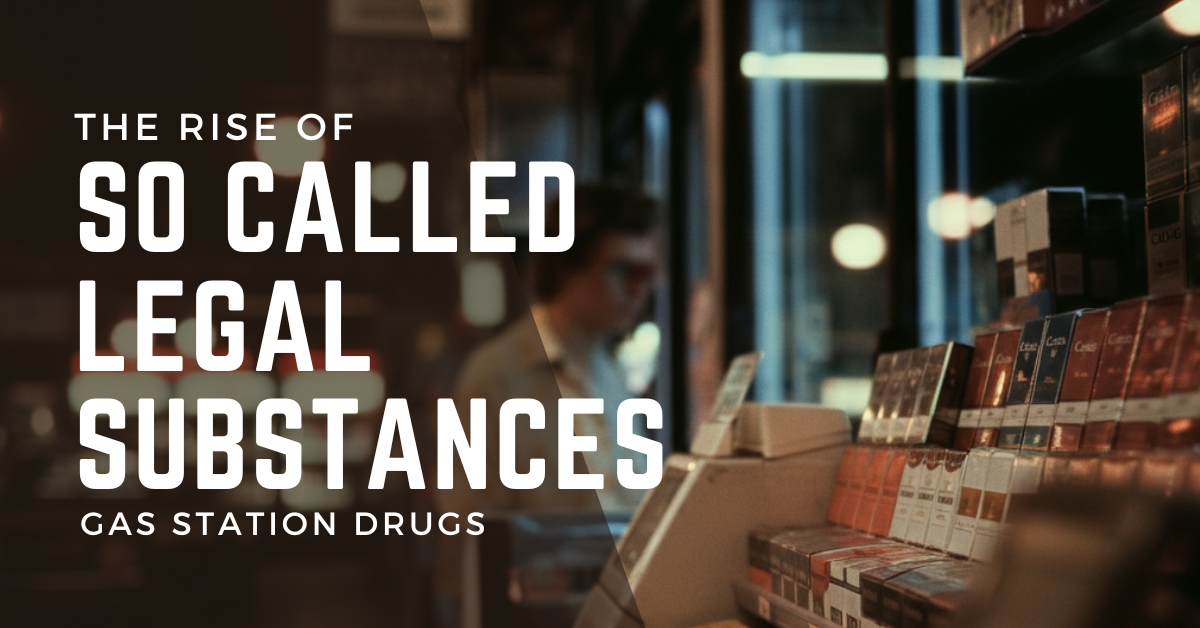
Questionable substances are starting to show up in pills and liquid shots across the US in gas stations, vape shops, kratom stores, and tobacco shops. They are also available online and are unregulated or tested by the FDA. Many warnings have been sent out over the last couple years, but they continue to be available. Most are listed as unapproved drugs or supplements by the FDA. These are being mixed with other dangerous substances that can make them extremely dangerous if ingested.
In this article we delve into the specifics of several key substances, including Phenibut, Phenazepam, Kratom, Kava, and Tianeptine, examining their potential dangers, side effects, and the risks associated with their unregulated sale and use.
Phenibut: Synthetic gamma aminobutyric acid (GABA)
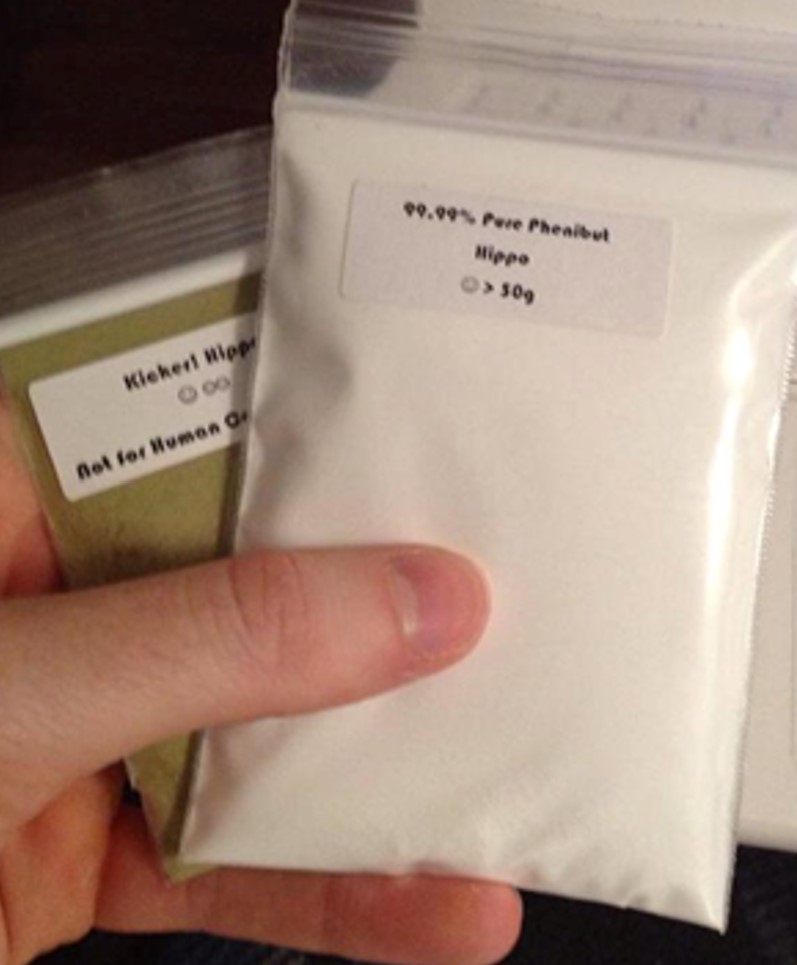
Phenibut is a non-regulated synthetic coming out of Russia and sold over-the-counter (OTC) as a dietary supplement. It has a calming effect and acts like a benzodiazepine (Xanax). Phenibut was initially designed to be an analog of GABA that has the potential to cross the blood brain barrier. It is known on the street as a mood enhancer, sleep aid, exercise-recovery-booster, and a “smart” drug. The label recommends it be used to treat anxiety, fear, insomnia, tension, stress, fatigue, post-traumatic stress disorder (PTSD), depression, alcoholism, and irregular heartbeat. It is also recommended for improving memory, learning, and thinking. There is no good scientific evidence to support these uses. It is considered an unapproved drug by the FDA, and is banned from being sold as a dietary supplement in the US.
Phenibut is unsafe for most people to use and causes dizziness, nausea, poor balance and fatigue. In large doses it may cause trouble breathing, unconsciousness and death. (Jouney EA. Curr Psychiatry Rep, 2019;21:23). Acute intoxication with phenibut is characterized by rapid heart-beat, visual hallucinations, tremor, nausea and vomiting (Kupats E. Pharmacopsychiatry 2020 Sept;53(5):2010). Chronic use of phenibut may lead to dependence/tolerance with related withdrawal symptoms that often require treatment (Hardman HI. Bosn J Basic Med Sci 2019 May 20;19(2):125) Withdrawal signs/symptoms can occur 3-4 hours after use and may also include visual and auditory hallucinations, psychomotor agitation, derealization, depersonalization, increased light and sound sensitivity, muscle pain/twitches, tachycardia, nausea, tremor and insomnia.
Phenibut is a central nervous system depressant. When mixed with other CNS depressants (alcohol, sedatives, or opioids) the risk of overdose is much higher. Phenibut may be addictive and should not be abruptly discontinued. Quitting Phenibut requires medical assisted treatment and supervised tapering of the substance (similar to Xanax).
Phenazepam
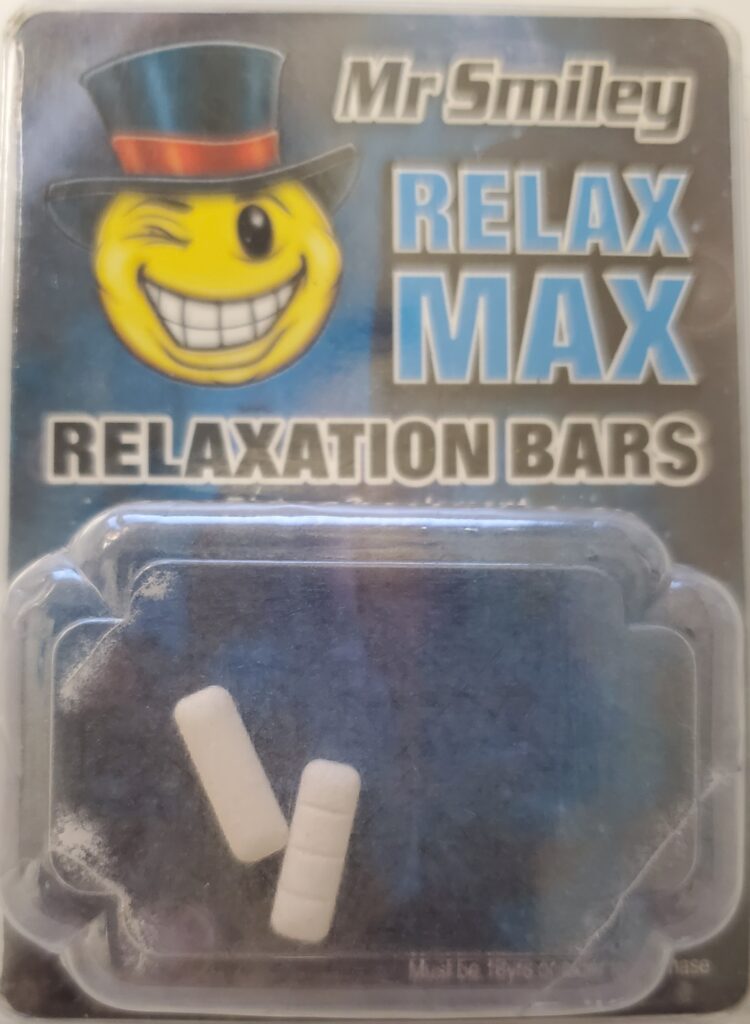
Phenazepam has gained popularity as a recreational drug in the United States. It is a benzodiazepine with anxiolytic, euphoric, anticonvulsant, amnestic, muscle relaxant, and hypnotic (sleep-inducing) effects. The effects of the oral dose last over 60 hours. Its extreme potency makes overdose common and overdose symptoms may last many days or weeks. Side effects include hiccups, dizziness, loss of coordination, drowsiness, and amnesia. As with other benzodiazepines, when abruptly discontinued following prolonged use, severe withdrawal symptoms may occur including restlessness, anxiety, insomnia, seizures, convulsions and death. Fatalities have been reported when the drug is taken with prescription opioid drugs and alcohol.
Phenazepam does not currently have an accepted medical use in the United States. It is sold over the internet and at local retail shops where it is promoted as a “research chemical.” It has been sold as a powder, in tablet form, in dropper bottles as a solution and as an “air freshener” commonly known as “Zannie.” Zannie is sprayed in the mouth. When used with antidepressants, sleep medications, pain medications, or alcohol, it can prove fatal. Although phenazepam is currently not controlled, sale for human use remains illegal.
Kratom
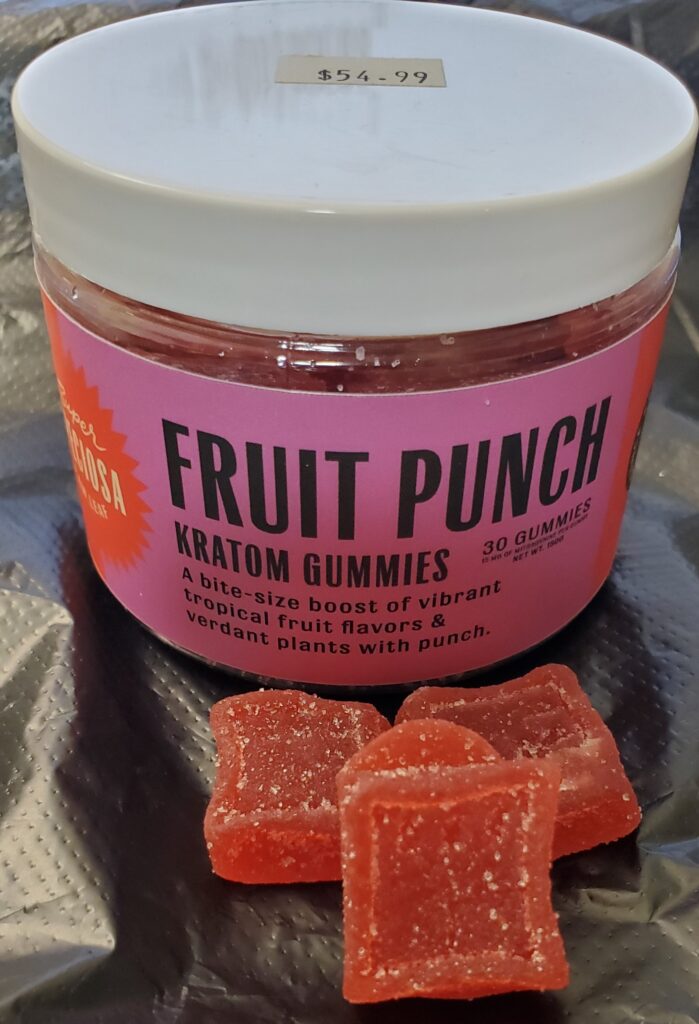
Kratom is a plant common to Southeast Asia, commonly known as Thang, Ketum, Thom, and Biak, and acts as both a stimulant and a narcotic. The plant has over 25 alkaloids, the most active is Mitragynine which is more potent than morphine. Kratom is available in capsules, gummies, concentrates or extracts, tinctures or shots, and as loose plant material which can be used to make a tea or chewed. You can buy Kratom in gas stations, vape shops, tobacco stores, kratom stores, and online. In the US the abuse of Kratom has increased dramatically in recent years.
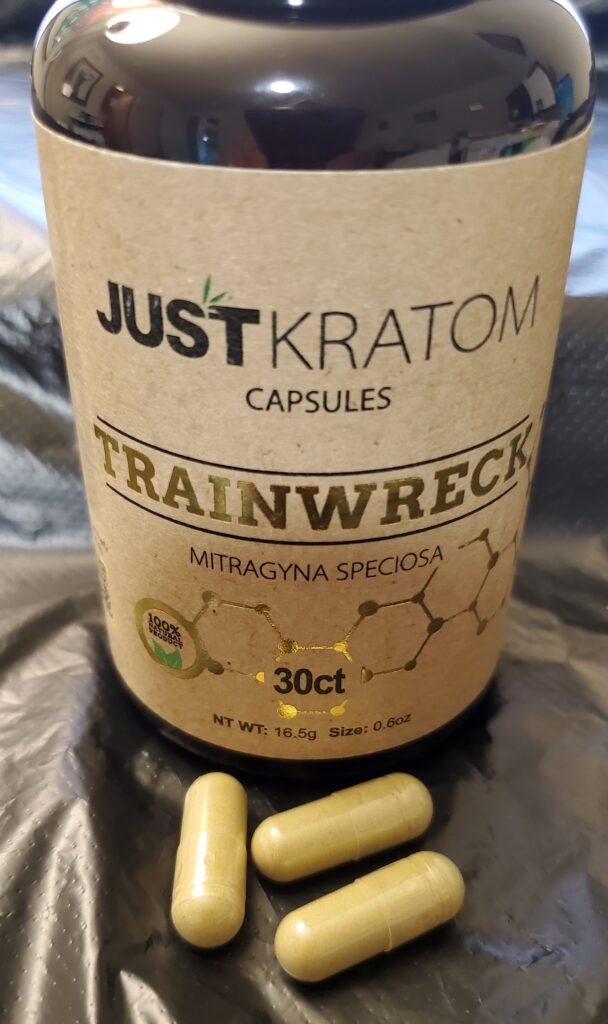
Users experience different effects based on dose. At a low dose the user becomes talkative, energetic, alert, and excited. At a high dose, the user’s pupils constrict, and they enter a calm and dreamy state, sudden sleepiness, are less sensitive to pain, have a dry mouth, may itch, and have nausea. Doctors report overdose signs are similar to an opioid-like effect and users may exhibit confusion, paranoia, severe prolonged vomiting, lethargy, respiratory suppression. Kratom may be used as a substitute for opioids and to ease opioid withdrawal. It is addictive, has no recognized medical use, and has caused many deaths. Kratom is not in the Controlled Substance Act, however, DEA has listed Kratom a Drug and Chemical of Concern.
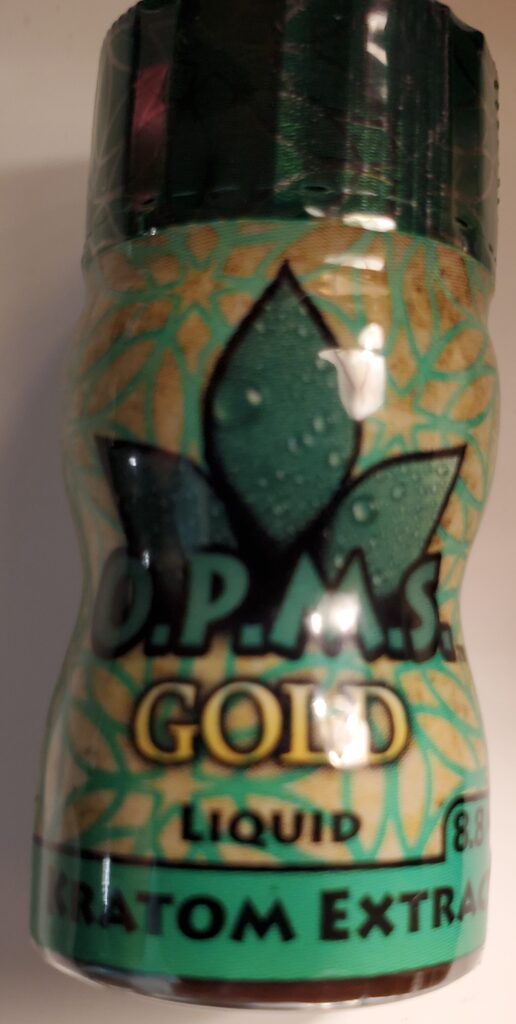
Kava
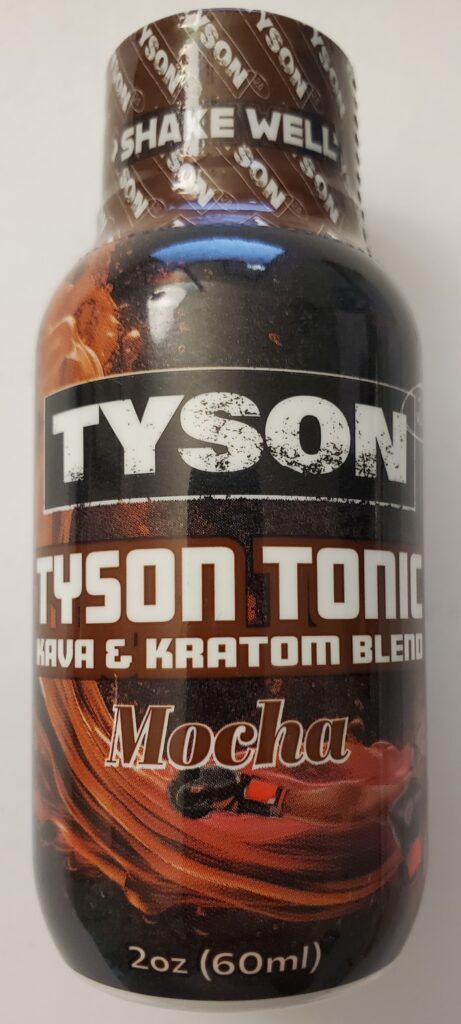
Kava, also known as Yagona Leaf and Piper methysticum is a plant from the South Pacific with psychotropic and sedative effects similar to Xanax and other benzodiazepines. Typically consumed as either a beverage or extract, kava is considered to be non-alcoholic but psychoactive. Kava is becoming a great social drink and people use it to loosen up, relax and enjoy a happy and relaxed mood. Kava Bars are popping up all over the US. Drinking Kava may result in a good night’s sleep without the problem of having a morning hangover. Its popularity is currently on the rise and it is gaining momentum as a better, healthier alternative to alcoholic drinks.
Kava is legally sold in the U.S. as a dietary supplement and is marketed as a sleep aid and muscle relaxant. Despite the substance’s legal status, the U.S. Food and Drug Administration released an advisory in 2002 that kava products may cause severe liver disease. The FDA cited reports from other countries of hepatitis, cirrhosis, and liver failure as a result of long-term kava use. These reports regarding liver problems led to regulation of the substance in Germany, France, Canada, Switzerland, and the UK.
Mixing Kava with Kratom can be extremely dangerous. Kava shouldn’t be mixed with other sedating type drugs/medication. The combination can cause extreme drowsiness and breathing problems. Kava should never be taken by anyone with Liver disease or Parkinson’s disease.
Tianeptine (gas-station heroin, Neptune’s fix, ZAZA drug)
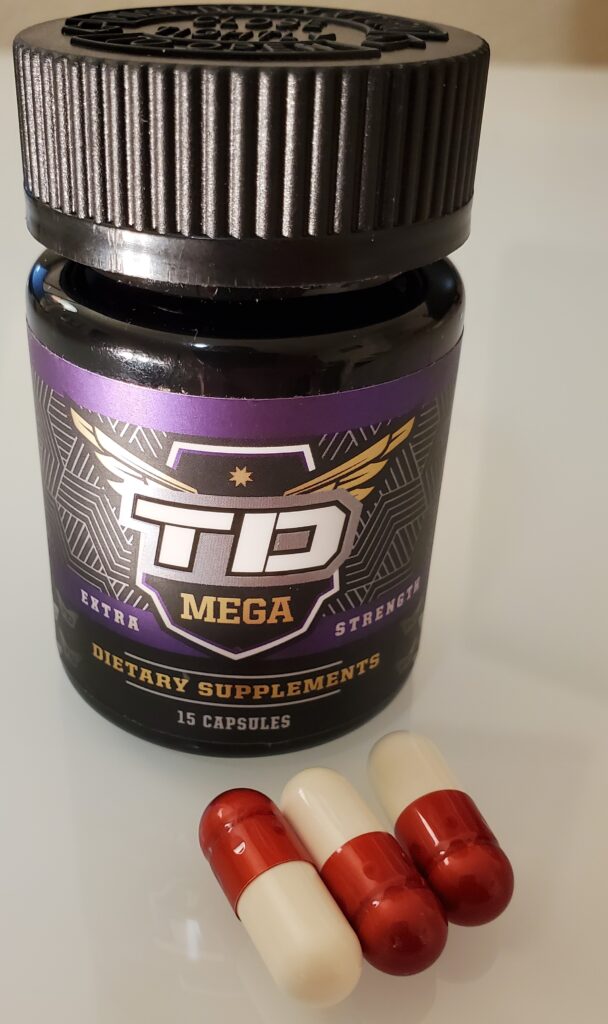
Tianeptine (gas-station heroin, Neptune’s fix, ZAZA drug) is a unique tricyclic antidepressant – a class of medications used to treat major depressive disorder. It stimulates the same biologic receptors as opioids. Tianeptine is legal in all US states except for Michigan, Minnesota and Alabama where it is considered a scheduled controlled substance. Tianeptine is not approved for human consumption and it does not qualify as a dietary ingredient or additive and is not recognized as safe by the FDA. To bypass the Federal Food, Drug, and Cosmetic Act, Tianeptine is either sold as “not for human consumption”, for “research only”. The product is available online. Sellers are making dangerous and unproven claims that Tianeptine can improve brain function and treat anxiety, depression, pain, opioid use disorder, and other conditions.
It is sold as a white powder to treat anxiety, depression and opioid-use disorder. It belongs to a growing group of unregulated, potentially addictive drugs which are easy to obtain. Buyers assume the drug is a safe alternative to opioids. However, users quickly develop tolerance resulting in rapid increase in dose and frequency of use. The clinical effects of Tianeptine abuse and withdrawal mimic opioid toxicity and withdrawal.
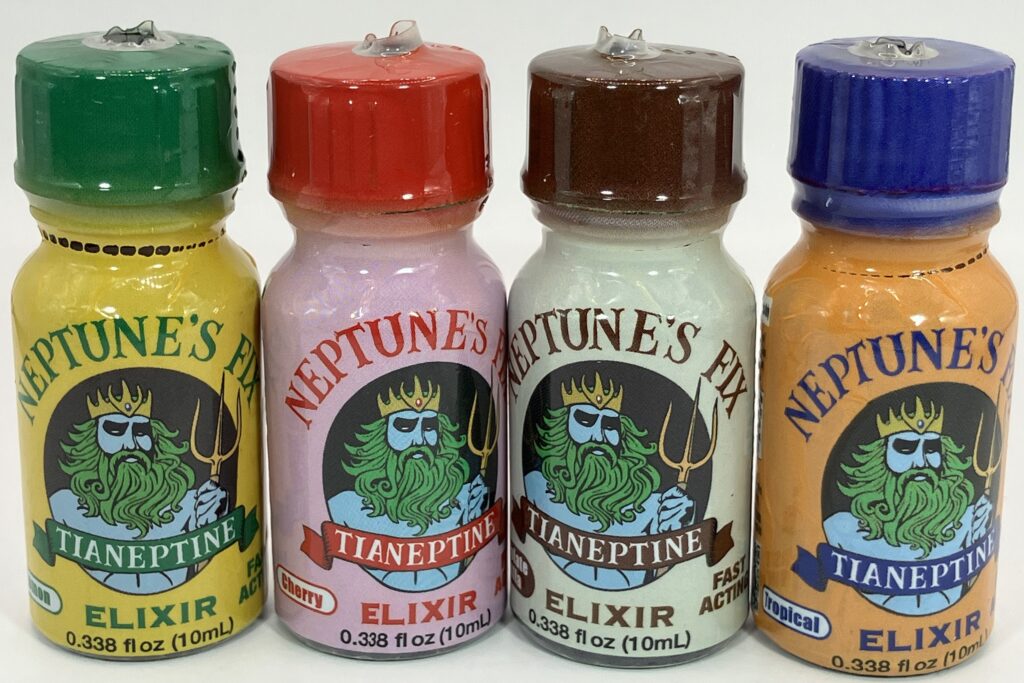
The FDA and CDC issued a warning about the hazards associated with Tianeptine. According to the CDC, 20 cases of Tianeptine ingestion associated with severe effects were reported to state Poison Control in New Jersey between June and November 2023.
All of the patients had an altered mental status upon evaluation, while other effects included:
- tachycardia (11 patients),
- hypotension (10),
- seizure (eight),
- prolonged QT interval (seven),
- prolonged QRS duration (four),
- cardiac arrest (one).
What can be done?
One of the most effective ways to help people stay away from Gas Station Drugs is to provide them with the facts, so they can make good decisions for themselves. To learn more about how you can help students and youth visit our homepage actondrugs.org.
